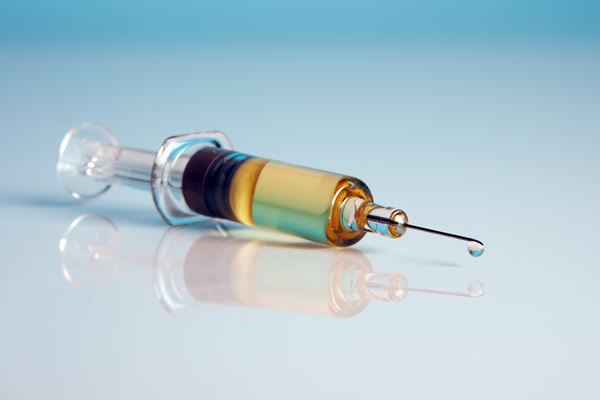
If you believe you have been in close contact with an established IMD case, a vaccine will not acutely protect you. Rather, you should consult your provider regarding a one-time antibiotic dose to prevent developing the disease.
Anxiety has again increased this past week following reports of new cases of invasive meningococcal disease (IMD), i.e. meningitis and/or sepsis caused by the bacteria Neisseria meningitidis, among gay men in Los Angeles County. IMD cases are typically scant and sporadic with little cause for broad public health concern. But this recent spate of apparently connected cases, concentrated in the gay community resonates with us differently, given our long history with a certain other disease.
Several burning questions remain for gay men amid the fear and uncertainty of what this new outbreak means for them: What is my personal risk? What can I do to protect myself from infection? And should I get vaccinated?
Since 2010, an outbreak in New York has been tracked among men who have sex with men (MSM), identifying 22 cases through April 2013, which led to seven deaths. Even so, the absolute number of annual cases within the U.S. general population remains vanishingly small, at less than half of what it was two decades ago.
Curiously, despite the recent escalation of IMD in MSM, the disease was still not on many of our radars until last spring, when four cases were detected in Los Angeles. At that time, there was much confusion over apparently conflicting messages from different departments of health and false insinuation that this was another “gay disease,” which government officials were dragging their heels on addressing. The frenzy of media coverage left many of us without clear answers on whether getting vaccinated or even worrying about the disease appearing in D.C. next was merited.
And now, following news of eight confirmed IMD cases in LA County this year – half among MSM, of which three were HIV-positive and reported residence in or socializing around West and North Hollywood – the LA County Department of Public Health last week broadened its previous recommendation for vaccination.
Health officials there now advise that all MSM be vaccinated if their residence, travel or social interactions have put them or will put them in regular close contact with other MSM. “Close contact” is defined as kissing, sexual contact, sharing eating utensils or drinking containers, sharing cigarettes, or being within a three-foot distance for more than eight hours.
Because the recent cases in LA appear to be linked, a push to increase local vaccination to include almost all MSM is indicated to prevent secondary cases in the setting of an epidemic. However, the question is more nuanced for gay men in other major cities like D.C.
Notably, Seattle’s public health officials discouraged expanded vaccination among local gay men last spring, stating that doing so would be an overreaction. Meanwhile, health departments in San Francisco and D.C., advised vaccination for sexually active gay men, who connect through social networking applications or planned to attend parties, clubs or other venues where gay men meet.
Broad vaccination for IMD is not practical in places where there is no ongoing epidemic; and to date, D.C. has had no reported cases. No real herd immunity would result from such an effort anyway, considering after several years the vaccine’s effectiveness wants, requiring a booster at five-year intervals.
So what about vaccination now? In short, it still depends on your HIV status, current and anticipated sexual practices, and most importantly, one’s tolerance for risk. So if you’re on the fence, just visit your primary care provider if interested.
For now, simple recognition of symptoms that suggest infection followed by prompt medical attention is more powerful than any vaccine. Some of the vague constitutional symptoms that may precede the onset of IMD include sudden fever, nausea, confusion, headache, sensitivity to light and sound, severe muscle aches, and rash in a previously healthy person.
Although these initial clinical features are similar to many common, self-limited viral illnesses, left untreated one’s condition may rapidly decompensate to more ominous and specific symptoms of neck stiffness, mottled or discolored skin, and cold or painful extremities.
If you believe you have been in close contact with an established IMD case, a vaccine will not acutely protect you. Rather, you should consult your provider regarding a one-time antibiotic dose to prevent developing the disease. Beyond 14 days from a suspected exposure the evidence suggests no need for antibiotic prophylaxis.
For those interested in vaccination, either of the two recommended quadrivalent conjugate vaccines (Menactra or Menveo) would cost you about $85-150 at either your local CVS pharmacy or as a walk-in at Whitman-Walker Health, with insured patients paying less. HIV-positive individuals should receive both an initial and booster shot 2 months apart.
Daniel O’Neill, MD is an internal medicine resident at Virginia Mason Medical Center in Seattle and plans to move back to D.C. this summer to continue his training.


















